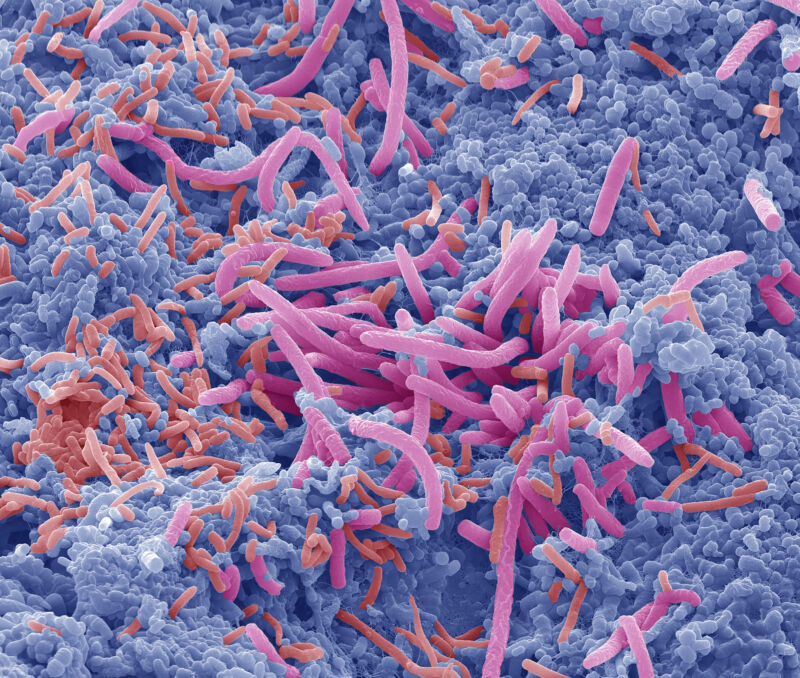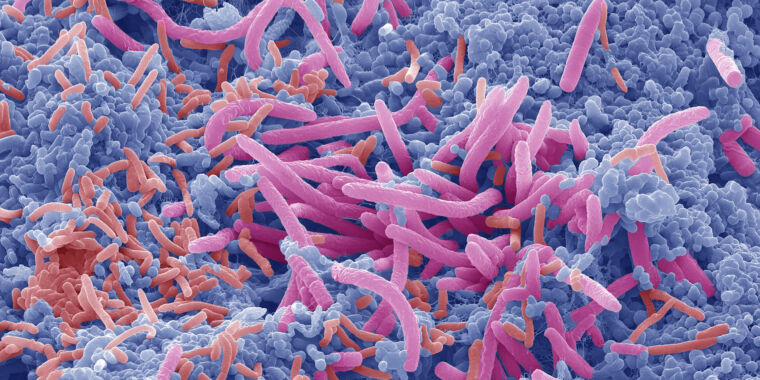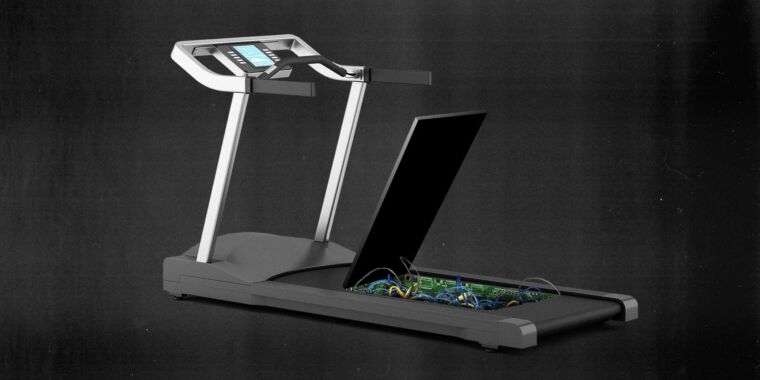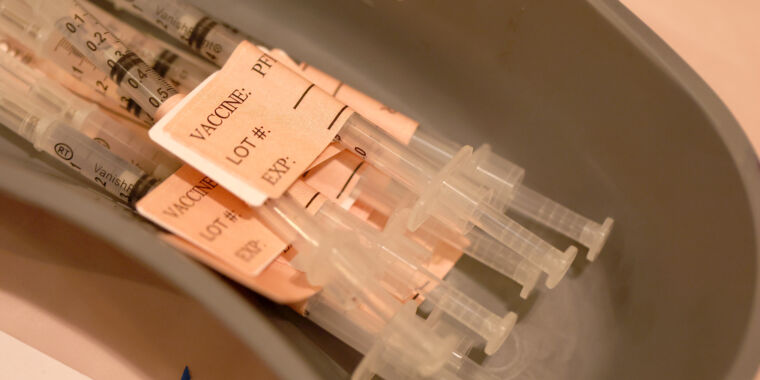
An altered microbiome has been associated with—and thereby either implicitly or explicitly implicated as a partial cause of—a wide range of human maladies. These include immune disorders like celiac disease, asthma, and diabetes; obesity; cancers; psychiatric disorders like depression and Alzheimer’s disease; and Autism Spectrum Disorders (ASD). It’s been tied to so many things that Jonathan Eisen felt compelled to start the “Overselling the Microbiome Awards.” He had to compile the list for years, even though he’s an evolutionary biologist who truly acknowledges and understands the vital role our microbiome plays in our health.
The notion that an altered microbiome can be a causative factor in ASD comes from studies with mice, in which transferring gut flora from humans with ASD into mice generated social deficits and behavioral abnormalities in the animals. But evidence in humans had issues, so a group of Australian scientists who shared Eisen’s wariness, led by Jacob Gratten, decided to perform a rigorous test of the idea.
A failure to replicate
The Australian team knew that ASD is often associated with GI symptoms and realized that it is tempting to look for and even assume an intestinal component to the disorder. But they note that the human studies linking an altered microbiome to ASD are pretty weak: they are small, they are biased and fail to consider confounding variables, and they are poorly designed and analyzed. Moreover, the researchers write, “a meta-analysis of human microbiota-associated animal studies has raised concerns that the sheer extent of positive findings is implausible.”
So they undertook their own study, assessing the microbiomes of 247 children. Of those studied, 99 had ASD, 51 were healthy siblings, and 97 were unrelated kids without an ASD diagnosis. They “found negligible evidence for direct associations between the stool microbiome and ASD diagnostic status.” They also “failed to replicate previously reported ASD-gut microbiome associations,” identifying only one species (out of 607 examined) that significantly differed in abundance between kids with and without ASD.
What differential microbiome composition did correlate with, they found, was diet. Kids with ASD had notably reduced dietary diversity. This could be because of ASD-associated allergies or GI symptoms or because kids with ASD can have strong sensory likes and dislikes. Food and mealtimes can also become a battleground/flashpoint/way of wielding power, and parents just might not have the energy to fight about it anymore (ok, this can be the case with all kids, not just kids with ASD).
(Parents could also be using diet to try to mitigate their kid’s behavior. I spoke to one mom—not in this study—whose child ate nothing but pears, frozen waffles, and one particular brand of smoked chicken that she had to buy every third day. This was okayed by a nutritionist. When I asked her if she thought it helped and her child was better, she responded, “I wouldn’t do it otherwise.”)
Reversing causality
So this study concludes that kids with ASD have reduced dietary diversity because of their behaviors, and this alters the taxonomic composition of their microbiome. The authors do note, however, that it remains possible that the microbiome can then influence the kids’ behavior in a feedback loop.
ASD is a very complex condition with very complex etiologies. The authors note that, based on studies with mice, there are already clinical trials that aim to treat ASD by targeting the microbiome. But they suggest that working to diversify the kids’ diets may be a better course of action, as that could impact their behaviors, their microbiomes, and their overall health—although it’s not necessarily an easy path for parents and caregivers.
In any case, they caution that we might want to flip our thinking in terms of how the microbiome relates to other psychiatric conditions. Rather than assuming that the microbiome affects behavior, it may be the case that behavior—i.e. diet—affects the microbiome.
Cell, 2021. DOI: 10.1016/j.cell.2021.10.015








